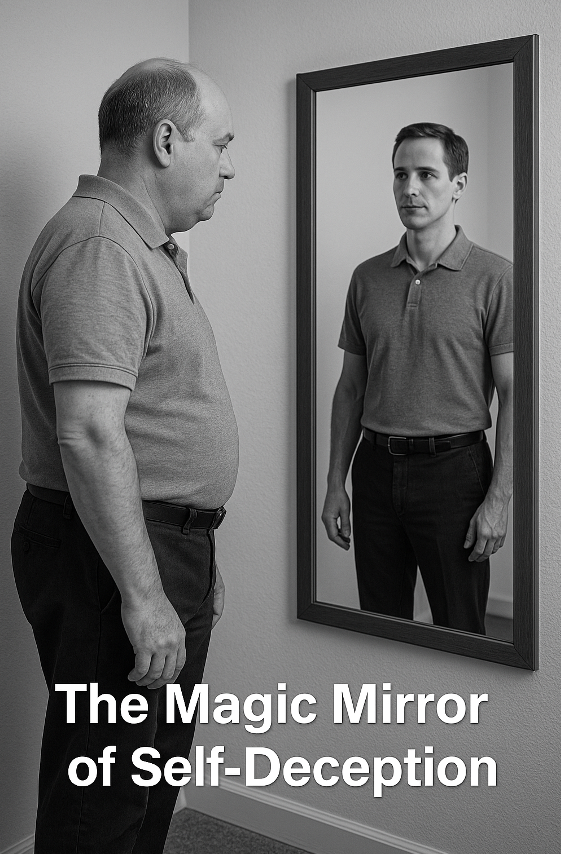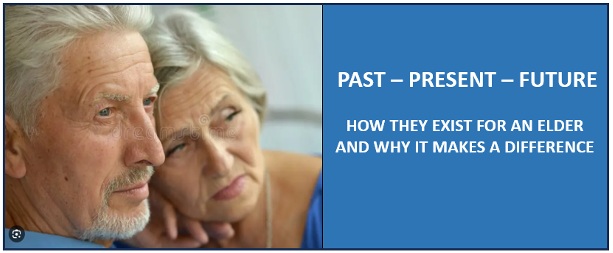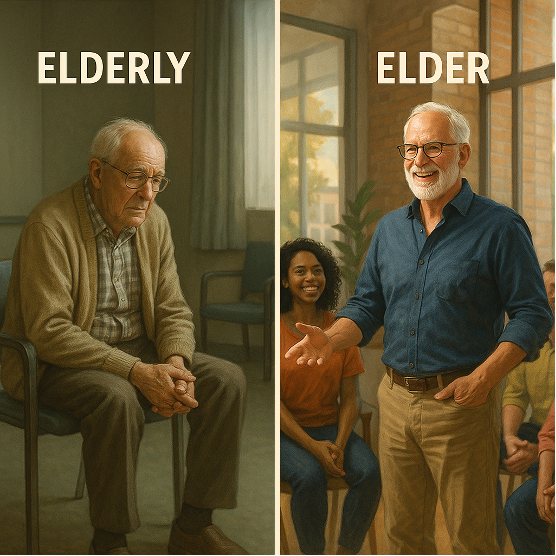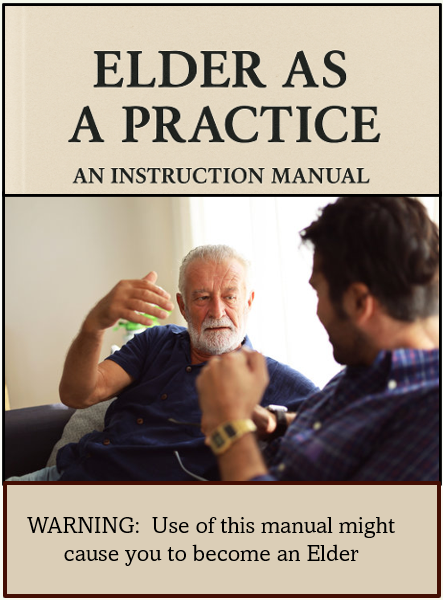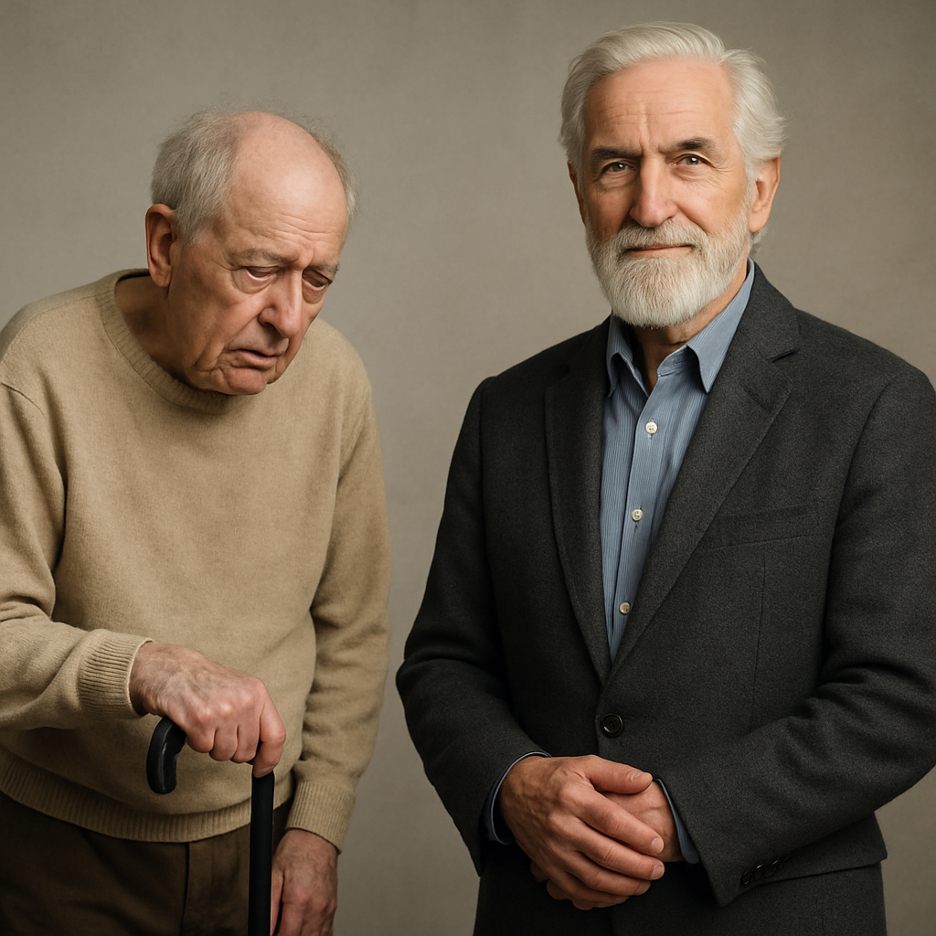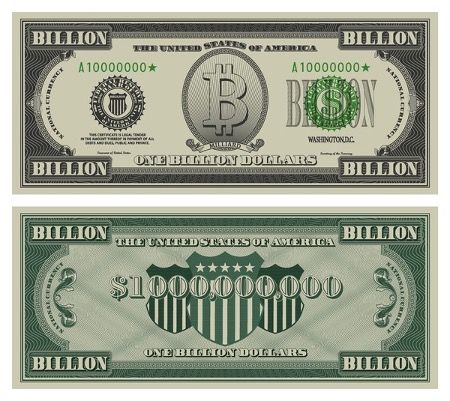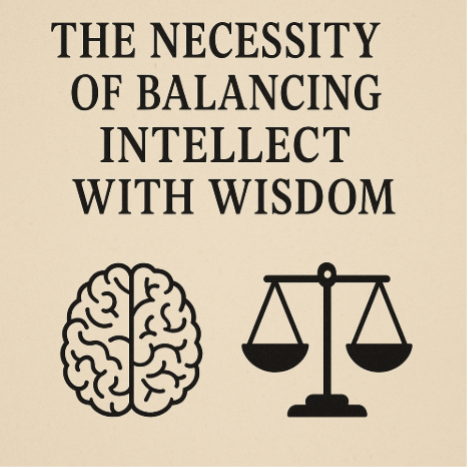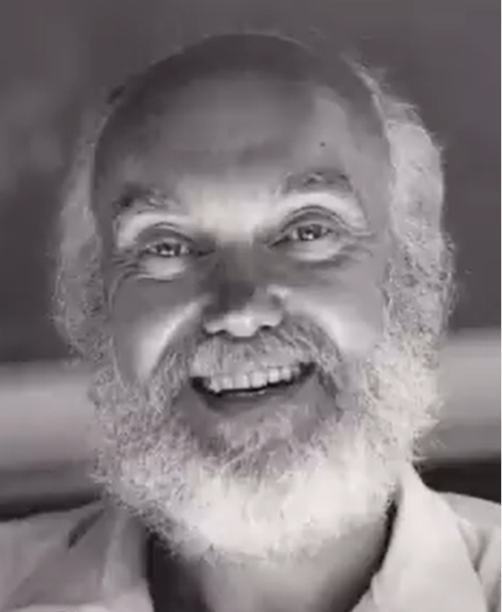ELDERS, AI, and THE UNLIKELY CONSEQUENCES TO THE GENDER GAP
A Heads Up to Corporate America, State and Federal Government, and Everybody Else
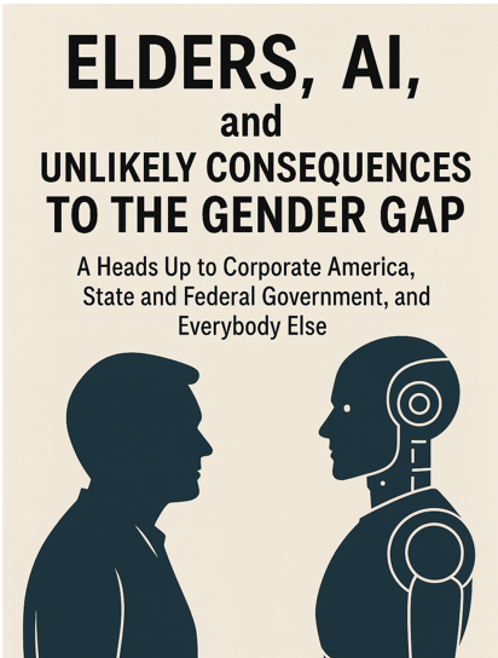
We are witnessing the most significant workplace transformation in decades. But here's what everyone is missing: AI isn't just disrupting jobs—it's about to flip the entire age hierarchy in corporate America on its head.
While younger generations have held the technological advantage for the past three decades, AI is about to level that playing field completely. And when it does, something unexpected will emerge: the irreplaceable value of Elder wisdom.
THE COMING COMMODIFICATION OF KNOWLEDGE
AI's most profound impact won't be replacing workers—it will be democratizing knowledge itself. Every piece of data, every research report, every case study, every industry insight will become instantly accessible to anyone at any level of an organization.
When a 25-year-old analyst can access the same information as a 55-year-old executive in seconds, the traditional knowledge-based hierarchy crumbles. Youth's technological edge—their primary source of workplace leverage—vanishes overnight.
This is what I call the "commodification" of knowledge: when information becomes so universally accessible that possessing it no longer provides a competitive advantage. Knowledge transforms from a scarce resource into a basic utility, like electricity or running water.
But here's the twist nobody sees coming: when knowledge becomes a commodity, wisdom becomes currency.
WHY AI CAN'T REPLACE ELDER WISDOM
I've been swimming in AI waters since 2017, when I invited Charles Jennings, author of Artificial Intelligence: Rise of the Lightspeed Learners, to speak at my industry conference. Back then, the room paid more attention to their phones than to his predictions about the future of AI. Today, every one of his forecasts has arrived.
Through seven years of continuous learning as an AI user, working with Elder groups, and coaching clients on AI integration, I've discovered AI's most significant limitation: it cannot experience.
AI can process. It can predict. It can analyze patterns across millions of data points. But it cannot have a broken heart, lose a parent, navigate a failed merger, or comfort a grieving colleague. It cannot feel the weight of responsibility when a decision affects hundreds of jobs.
Experience is the essential ingredient that transforms knowledge into wisdom.
Wisdom discerns where knowledge merely catalogs. Wisdom makes the right choice at the right time—not only based on data, but on intuition honed through decades of human experience. Wisdom brings together disparate elements—feelings, history, relationships, and insight—to make knowledge work better for people.
A 29-year-old, no matter how brilliant, rarely possesses wisdom because wisdom requires fermentation. It occurs over time, through trials and failures, through seasons of loss and recovery.
THE HIERARCHY FLIP
For those in the 55-70+ age group who can convert their accumulated knowledge into accessible wisdom, AI will enhance rather than diminish their workplace value. Marginalization will decrease. Inclusion will increase.
Think about it: King Arthur had Merlin. Bilbo had Gandalf. Plato had Socrates. Luke Skywalker had Yoda. Every transformative journey requires both cutting-edge tools and timeless wisdom.
When everyone has access to the same information, companies will desperately need people who can:
· Discern signal from noise
· Navigate complex human dynamics
· Make decisions under uncertainty
· Provide historical context that prevents repeated mistakes
· Offer the emotional intelligence that no algorithm can replicate
These capabilities don't diminish with age—they strengthen.
THE UNEXPECTED GENDER ADVANTAGE
Here's where the implications of the gender gap become fascinating. Women who have navigated decades of workplace challenges while developing emotional intelligence, relationship-building skills, and collaborative leadership styles will find themselves uniquely positioned in this wisdom-based economy.
For both men and women, the very qualities that were sometimes undervalued in knowledge hierarchies—empathy, relationship navigation, long-term thinking, collaborative problem-solving—become the most sought-after capabilities when wisdom becomes the differentiator.
THE TRANSFORMATION IS HERE
We stand at the threshold of a radical shift in how we view aging and workforce value. Senior executives, managers, and frontline workers who can become vessels of wisdom will see their recognition and influence rise substantially.
This isn't just about workplace dynamics—it's about the quality of your final decades. When you become known as someone who brings wisdom rather than just experience, your late-age years transform from decline into culmination.
Wisdom enhances everything: management decisions, customer relationships, team dynamics, strategic thinking, and organizational culture. It reduces friction while increasing horsepower.
THE ELDER ADVANTAGE
For those of us guiding the journey from "Older to Elder," from "Age to Sage," AI presents an unexpected gift. The same technology that threatens to automate away so many roles will simultaneously boost those who have traveled the full path from knowledge through experience to wisdom.
The future belongs not to the smartest people in the room, but to the wisest.
And wisdom, unlike knowledge, cannot be commodified. It must be earned through the irreplaceable currency of lived experience.
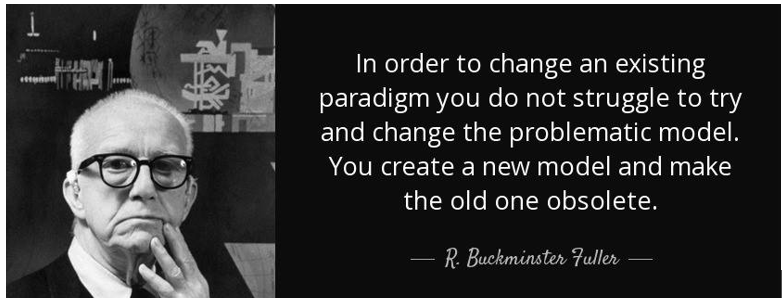
Reconstituting Aging: Elderly or Elder
September 11, 2025, at 11:00 a.m. PST, 2:00 p.m. EST, and 7:00 p.m. GMT.
A unique panel discussion featuring five different Elder voices in the transformation of aging into elderhood, followed by an interactive Q&A session.
Elderly and Elder are vastly different paradigms. Paradigm is decisive. Change the paradigm, and everything within it changes: you, it, and them.
1. Understand how aging can be a journey of wisdom, equanimity, influence, purpose, and peace of mind.
2. Shift your paradigm around growing old, becoming obsolete, and undesirable, to being contemporary, vital, influential, and causative in a new yet ancient way.
3. Examine the barriers an Elder faces, being unheard, discounted, and marginalized, and what you can do to be heard. “Wisdom not shared is wisdom lost.”
Your tuition costs, your time, and your interest in designing your late aging.
Ø How you grow old is a choice.
Ø Who you are as you grow old is a consciousness.
Ø The quality of life as you grow old is fundamentally up to you.
